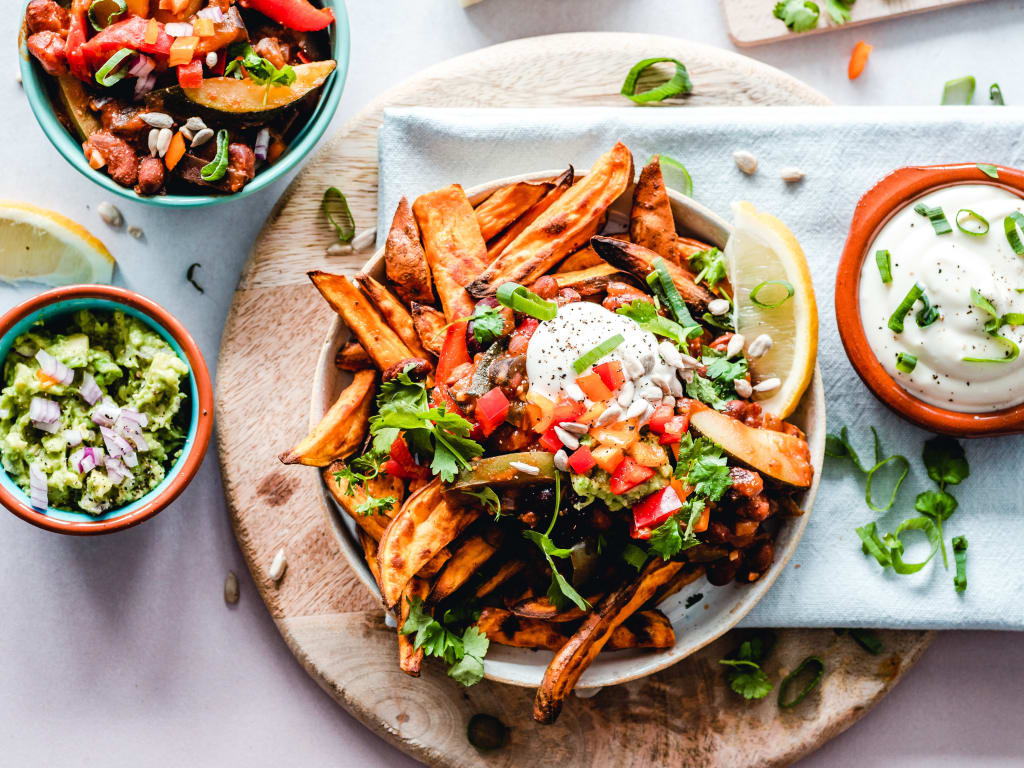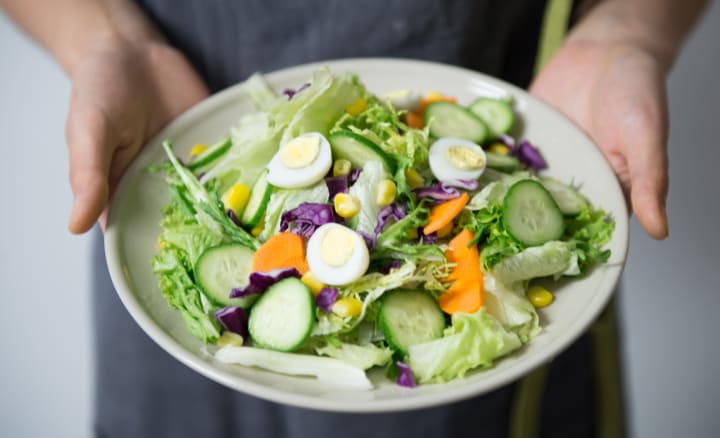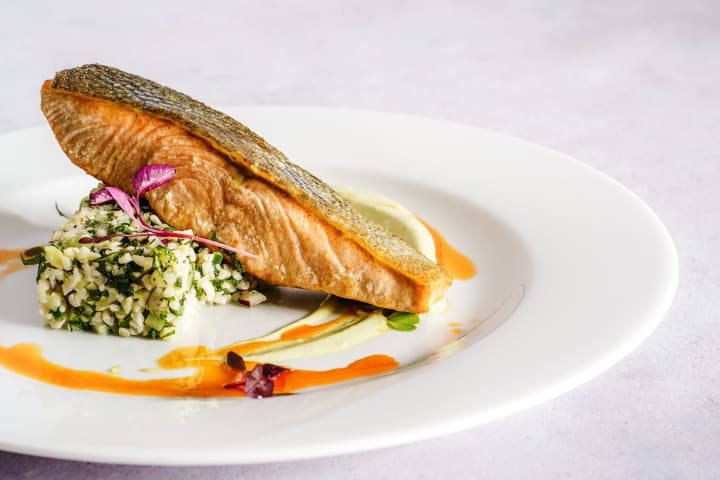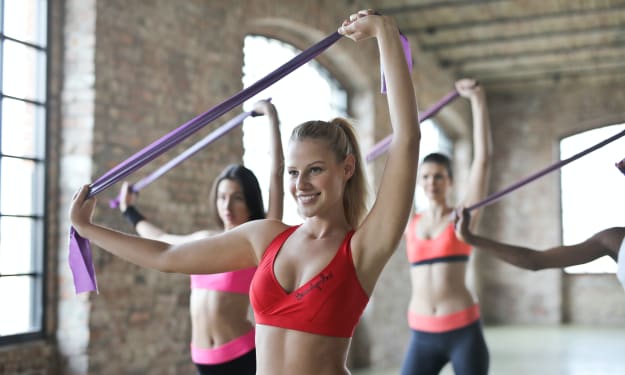The Role of Nutrition in the Life of an Athlete
The article highlights the importance of nutrition for athletes, emphasizing the role of carbohydrates, protein, healthy fats, vitamins, and minerals in optimizing athletic performance and promoting recovery. Additionally, the article provides practical tips for athletes to fuel their bodies for success, including planning meals and snacks in advance, choosing whole foods over processed foods, and timing meals and hydration to support athletic performance.

The Role of Nutrition in the Life of an Athlete
Athletes require a different type of diet to fuel their bodies for peak performance. Nutrition plays an essential role in the life of an athlete. Eating the right foods in the right amounts at the right time can help maximize energy levels, optimize performance, and promote recovery. This article explores the importance of nutrition in the life of an athlete and offers practical tips for fueling the body for success.

The Importance of Nutrition for Athletes
Good nutrition is essential for anyone looking to maintain good health. However, for athletes, good nutrition is critical for optimizing athletic performance and promoting recovery. Athletes require a diet that is high in carbohydrates, protein, and healthy fats to fuel their bodies for peak performance. In addition, they require a diet that is rich in vitamins and minerals to support the body's recovery process.
Carbohydrates
Carbohydrates are the primary source of fuel for the body. They provide energy for both high-intensity and endurance exercises. Athletes require a diet that is rich in carbohydrates to maintain glycogen levels in the muscles and liver. Good sources of carbohydrates include whole grains, fruits, vegetables, and legumes.
Protein
Protein is critical for repairing and building muscles. Athletes require more protein than the average person to support muscle growth and repair. Good sources of protein include lean meats, poultry, fish, eggs, and plant-based protein sources such as beans, lentils, and nuts.

Healthy Fats
Healthy fats are essential for energy production, hormone regulation, and overall health. Athletes require a diet that is rich in healthy fats to support their body's energy needs. Good sources of healthy fats include avocados, nuts, seeds, and fatty fish.
Vitamins and Minerals
Vitamins and minerals are essential for the body's recovery process. Athletes require a diet that is rich in vitamins and minerals to support their body's immune system and reduce the risk of injury. Good sources of vitamins and minerals include fruits, vegetables, and whole grains.
Timing of Nutrition
In addition to the type of food that an athlete eats, the timing of that food is also critical for optimal performance. Eating the right foods at the right time can help maximize energy levels, optimize performance, and promote recovery. Athletes should aim to eat a meal or snack that is high in carbohydrates and protein about 2-3 hours before exercise to provide the body with the energy it needs for optimal performance. Immediately after exercise, athletes should aim to consume a snack or meal that is high in carbohydrates and protein to help replenish glycogen stores and promote muscle repair.
Hydration
In addition to proper nutrition, hydration is also critical for athletic performance. Athletes should aim to drink enough fluids before, during, and after exercise to maintain proper hydration levels. Water is the best choice for most athletes, but for endurance athletes or those who exercise in hot and humid conditions, sports drinks may be necessary to replenish electrolytes.
Practical Tips for Athletes
Athletes should aim to eat a diet that is high in carbohydrates, protein, healthy fats, vitamins, and minerals. Here are some practical tips for fueling the body for success:
Plan meals and snacks in advance to ensure that you are consuming the right foods at the right time.
Choose whole foods over processed foods to ensure that you are getting the nutrients that your body needs.
Eat a meal or snack that is high in carbohydrates and protein about 2-3 hours before exercise.
Consume a snack or meal that is high in carbohydrates and protein immediately after exercise to help replenish glycogen
About the Creator
Süheyl Kaygısız
I am an environmental engineer. I am deeply interested in nature, photography, writing and artificial intelligence.






Comments
There are no comments for this story
Be the first to respond and start the conversation.